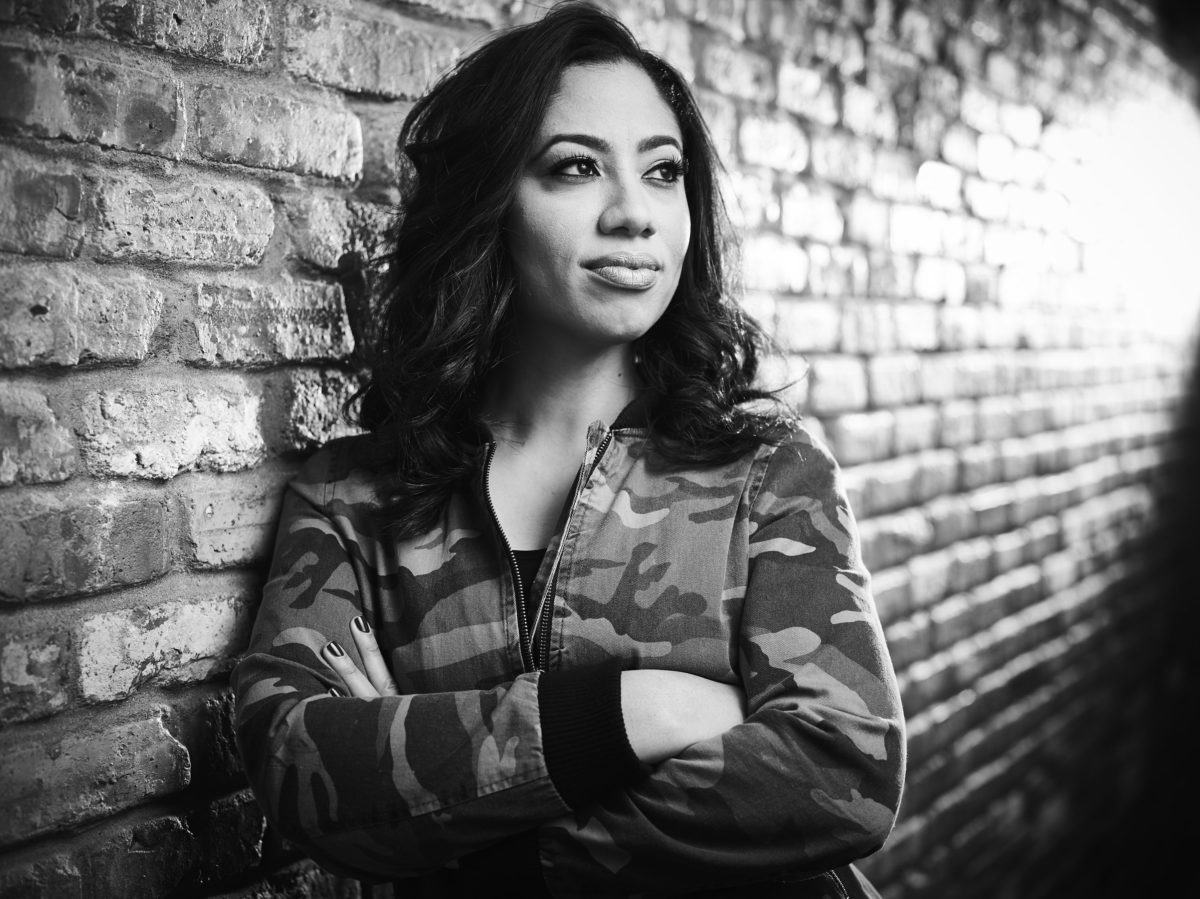Story via Generocity - Media Partner for SPARX Conference 2019
Dozier will be the keynote speaker at Philanthropy Network Greater Philadelphia's SPARX Conference, taking place from 7:30 a.m. to 4 p.m. on Thursday, October 31 at the Hilton Philadelphia at Penn's Landing.
By Sabrina Vourvoulias
Before she founded Chicago Beyond, Liz Dozier was the principal of one of Chicago’s most violent and underperforming high schools.
Charged with turning the school around, Dozier and her team employed restorative justice, social and emotional learning and academic interventions to bring the school’s dropout rate from 19% to 2% and prompt double-digit increases in attendance and the school’s state graduation rate.
Now, as CEO of the impact investment organization focused on youth equity she founded, Dozier is changing the way people think about philanthropy: justice, not charity, is how she sees the work of funding transformation.
Dozier will be the keynote speaker at Philanthropy Network Greater Philadelphia‘s Sparx Conference, taking place from 7:30 a.m. to 4 p.m. on Thursday, October 31 at the Hilton Philadelphia at Penn’s Landing.
“I’ll be talking about a couple of things centered on how we can do philanthropy more equitably,” Dozier told Generocity. “I’ll be talking about our work, and our philosophy of ‘whole philanthropy,’ which is really grounded and rooted in the idea that if we really want to get to the answers and support people in communities, we have to show up in different ways.”
“We have to show up in an equitable way,” she added, “[understanding] the bias we bring to the table, the orientation we bring. We have to show up in a way that is rooted in solidarity, not rooted in compliance metrics or inauthentic things.”
Dozier gives the example of one of Chicago Beyond’s partner organizations that received a grant to serve 200 young people, but because of infrastructure limitations was only able to serve 150. “Working outside of solidarity [the funder] would penalize the organization for noncompliance,” Dozier said. “But showing up in solidarity, the thought is ‘how can we be of service?’ It sounds simplistic, but … what undergirds all of this is humanness; we can’t lose sight that we are all on the same team, we need to be supportive of one another so that all young people have access to their full human potential regardless of zip code.”
Rethinking the power structure of traditional philanthropy and the ways that is expressed in practices is a significant part of Dozier’s work. Chicago Beyond produced a guidebook, “Why am I always being researched?“, that is premised on the idea that “if evidence matters, we must care how it gets made.”
The book unpacks the power dynamics between funders, researchers and community organizations, and according to Dozier, has been downloaded in “50 states, 75 countries, and has caught the eye of a lot of different folks.” Among those who have noticed the work are Bill and Melinda Gates, who found the principles for research of particular importance for the K-12 cohort the Gates Foundation serves. In fact, Dozier will be copresenting with the Foundation on the topic of the guidebook at an event next month.
This year’s iteration of the SPARX Conference has as its theme “Igniting the Power in Community“, and Dozier’s experience and work is particularly suited to it. Chicago Beyond recently opened a new space in the West Loop of Chicago, home to historical meat-packing and industrial factories which, according to Dozier, gave rise to Chicago’s labor movement and some of the first protests against police brutality took place in the 1800s.
“Twenty-five years ago people wouldn’t set foot in the West Loop,” Dozier said, “Then Oprah set her studio there and the neighborhood slowly began to change. Now it’s home to some of the best restaurants, Google, etc.”
In the process the neighborhood’s past was being erased, and Dozier sees Chicago Beyond’s move into the area as “literally and figuratively” holding space for community and community organizations that are heirs to the neighborhood’s reformist past. In the 10,000 square-foot-space, they’ve screened the “We are Witnesses” documentary videos on the criminal justice system, have trauma trained 100 frontline workers, and have become an active community hub.
Next year, Dozier will be releasing a book, Whole Philanthropy, based on Chicago Beyond’s holistic philosophy of impact investing. Chicago Beyond may be the model, she said, but the story of holding space for people and ideals, its focus on equity and justice, of making investments in individuals, and organizations and learning, is expansive.
It could be “the story across the country,” Dozier said. “Truly universal [in] how we, as philanthropists, engage.”

